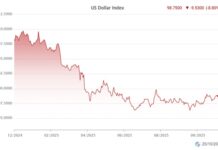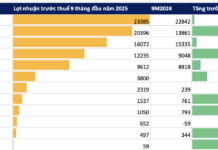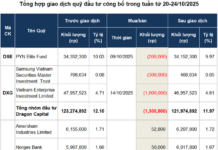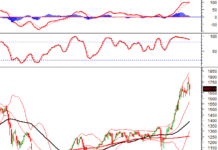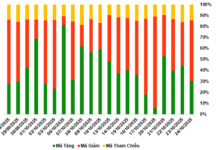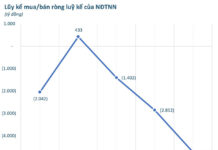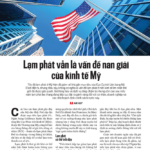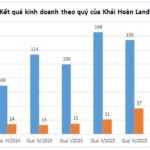62-year-old Le Thi Ly from Thu Duc City, Ho Chi Minh City, was disappointed to hear that there might not be an increase in pension payments in 2025. Despite a recent rise, Ly still hopes for a further boost to her current monthly pension of VND 4.5 million.
“Senior citizens like me rely solely on our pensions, as we are unable to engage in additional income-generating activities,” expressed Ly. She believes that annual pension increases are necessary to keep up with market prices and the challenges posed by advancing age.
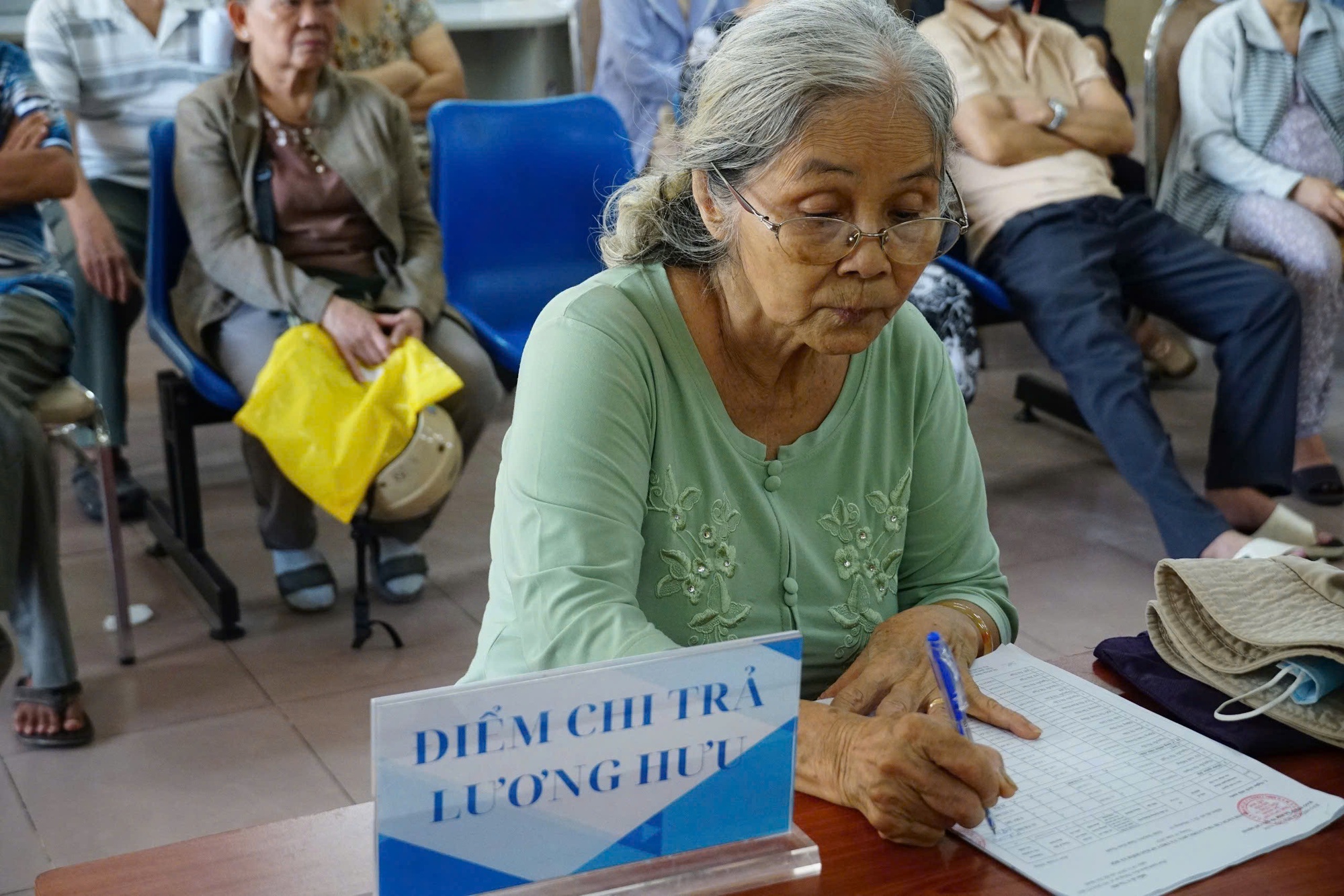
Seniors depend solely on their pensions and are unable to supplement their income through additional work.
Ly anticipates an increase in the cost of essential goods next year and believes that a pension raise would merely offset inflation, leaving little room for savings. Additionally, she highlights the health challenges that come with aging, making a compelling case for higher pension payments to provide peace of mind for unexpected medical expenses.
“It’s important to have policies in place that ensure pension increases for those who have chosen to receive their pension benefits over withdrawing their social insurance benefits in a lump sum,” she added.
Ly’s wish for 2025 is for a continued increase in pensions to provide financial security for the elderly. She suggests a minimum increase of 6%, in line with average bank interest rates, and expresses her hope for a more substantial raise of 15%, similar to the one received in 2024.
Sharing a similar sentiment is 61-year-old Le Van Hien from Ho Chi Minh City’s District 3. He emphasizes the importance of increasing pensions in 2025, especially for those with lower retirement benefits or those who have recently started receiving them.
Hien, who currently receives a monthly pension of VND 3.1 million, explains that this amount would be insufficient to sustain his daily living expenses if it remains unchanged in the coming years.
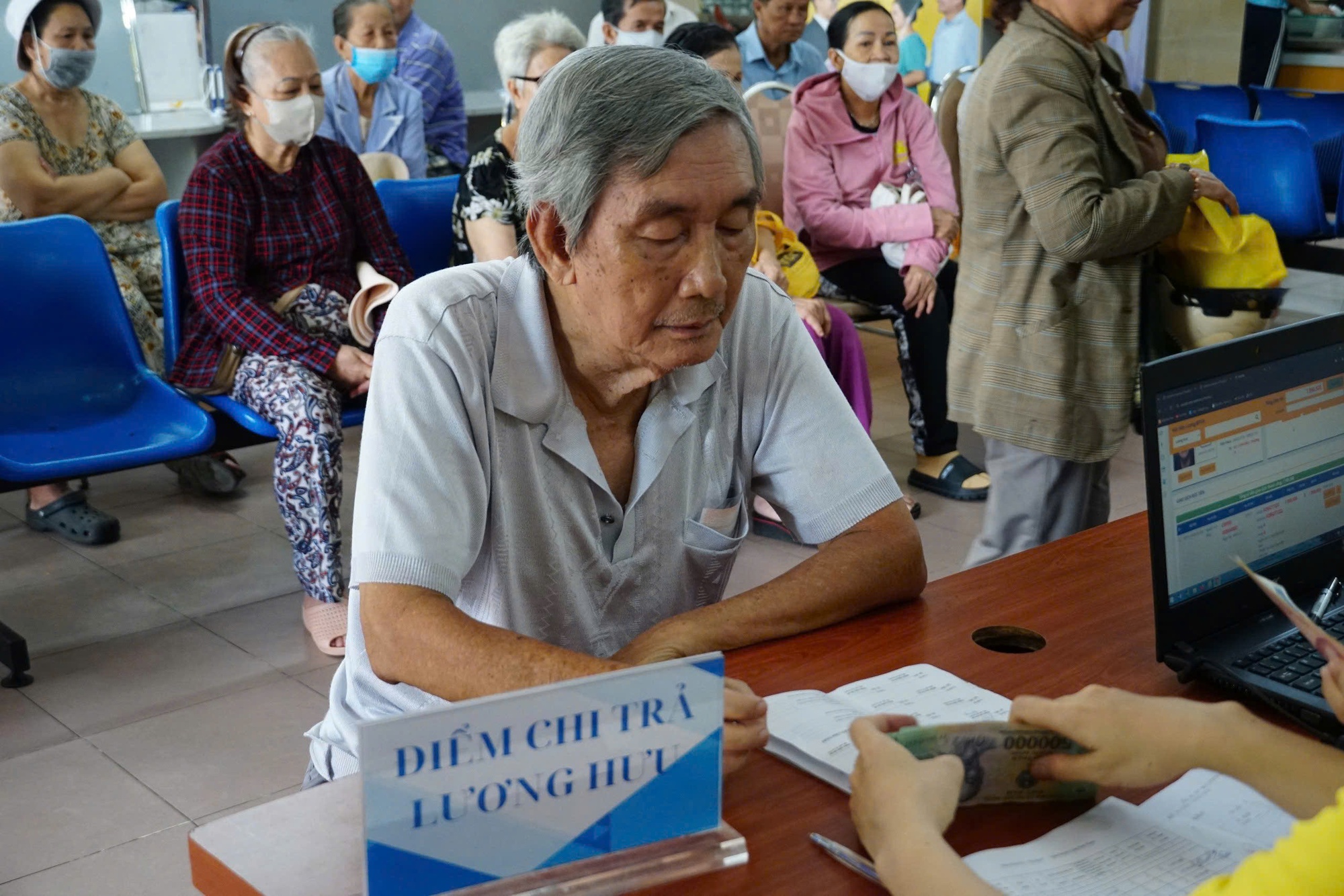
Many hope that in 2025, even if the government does not increase salaries for officials and civil servants, they will still raise pensions by at least 15% for retirees.
Hien’s pension of VND 3.1 million is considered relatively high compared to others his age, as he had contributed to social insurance at a higher rate. However, he points out that some of his peers only receive a starting pension of VND 2.6 million.
With his current income, Hien manages to cover daily expenses for himself and his wife, but they still rely on their children for additional costs like medication and special occasions. This situation has led Hien to take on jobs as a security guard and gardener, even though he is beyond retirement age.
“While healthy civil servants can continue working, we elderly folks can only depend on our pensions,” Hien said. He advocates for a pension increase of at least 15% for retirees, even if there is no salary increase for government officials and civil servants in 2025.
Lawyer Phan Thi Lan from the Ho Chi Minh City Bar Association
In Support of Pension Increases in 2025
Pensioners are those who have contributed for decades and are now entitled to benefits. However, if their pensions fail to provide a decent standard of living due to market price fluctuations, it becomes a concern. The majority of retirees have no additional income, and their expenses do not decrease, often increasing due to age-related health issues and new responsibilities, such as becoming grandparents.
Low pensions may discourage active workers from participating in social insurance. This topic has been a subject of intense debate among employees considering whether to keep or withdraw their social insurance benefits in a lump sum. Therefore, the National Assembly should carefully consider this issue.
Can Civil Servants Retire Early with Full Pension Benefits After 15 Years of Social Insurance Contributions?
Retirees will not only avoid a reduction in their pension rate, but they will also receive a generous allowance of three months’ average salary for each year they retire early. This means that those who choose to retire before the standard retirement age will not only maintain their financial stability but also receive a significant financial boost.
The Central Bank Governor: We Will Intervene in the Foreign Exchange Market During Times of Significant Volatility
Governor Nguyen Thi Hong affirmed that the State Bank of Vietnam (SBV) remains steadfast in its commitment to flexible exchange rate management, adapting to market fluctuations. The exchange rate is currently allowed to fluctuate within a band of +/- 5%. “In the event of significant market volatility, the State Bank will consider selling foreign currencies to stabilize and meet the needs of the people,” she added.
The Dark Side of Secret Salary Deals: Unraveling the Web of Deceit
A common issue faced by employees is a discrepancy between the salary stated in their labor contract and their actual earnings. This can lead to disadvantages when it comes to receiving social insurance benefits. It is important to address this issue to ensure that workers are fairly compensated and receive the benefits they are entitled to.
“The Stubborn Stagnation: Inflation’s Persistent Stranglehold on the US Economy”
Inflation in the US has now slowed to just shy of the Fed’s target, but this does not mean the issue of inflation in the world’s largest economy has been resolved.








